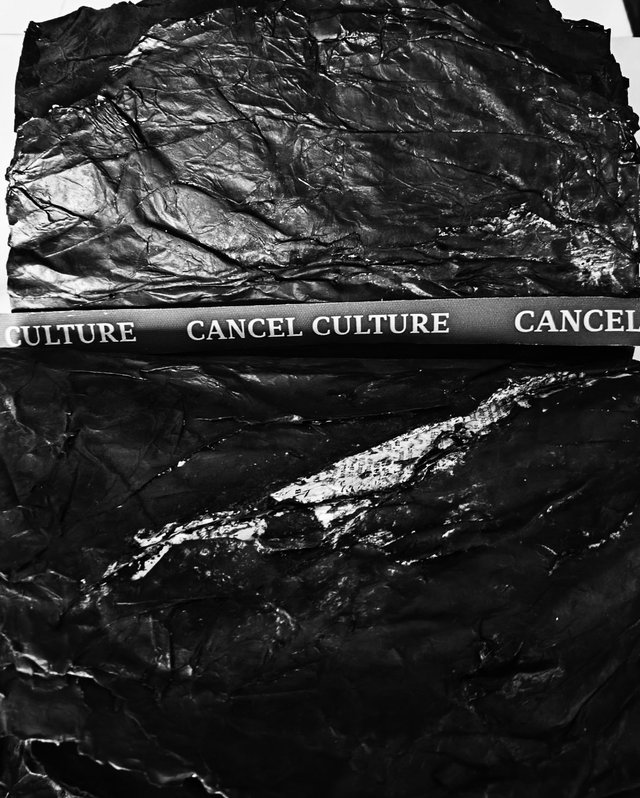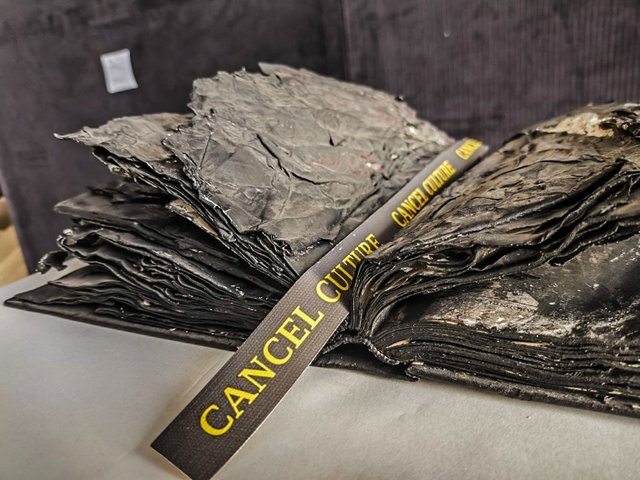Cancel Culture: What Do We Know About It And Do We Need It?
Cancel culture is a form of boycott. It involves "canceling" or rejecting a person, organization, product, brand, or anything else that a community or group disapproves of or finds offensive. The term "cancel" was initially used by members of the LGBTQ+ community on social media to show disapproval of someone's actions. Over time, its meaning has evolved, and today it refers to boycotting someone because of their misdeeds in their career. At first glance, cancel culture seems like a useful civic stance, but it carries the characteristics of hate, which in practice has shown mainly negative aspects that can hardly be considered educational for any society. As part of the global public and cultural environment, we have witnessed many popular figures and businesses being condemned by fans, detractors, analysts...

Recall the J.K. Rowling controversy, where the Harry Potter author drew global attention for her contentious views on transgender rights and gender identity. This led to global disapproval and some fans rejecting her work. Similarly, Kevin Spacey, who has been without a role for seven years after being accused of sexual assault, lost his prominent position in "House of Cards." Even though he was acquitted, major producers have continued to avoid working with him.

On social media, everything is recorded, and anyone can be held accountable for their words. On the surface, there's nothing wrong with this because freedom of speech comes with responsibility, which is normal. The question is whether there's reciprocity. Of course, some positions are morally condemnable, and when someone commits such an act, they deserve some form of censure. However, the way things unfold on the internet resembles street justice and public shaming. If someone messes up once, online they are "canceled." Even though they might receive substantial support from friends and family after making a mistake, there will also be those who turn their backs on them forever. Unfortunately, criticism often escalates into threats. The person being targeted can feel ostracized, socially isolated, and lonely. Sometimes the rejection causes others to withdraw from the wrongdoer before they've had a chance to apologize.

Instead of engaging in a dialogue that shows how they've hurt the other party, the critic ends the communication. This prevents the person under attack from learning from their mistakes. This kind of culture is driven mainly by the opinion of the crowd, with a lack of open debate, which is fundamental to democracy. Social progress is possible because of the ability to consider and implement different ideas. Some of the greatest breakthroughs in human history happened when cultures shared and exchanged opposing viewpoints! Cancel culture can quickly stop the spread of a particular perspective and declare it invalid or offensive just because the voice of someone involved is the loudest. Social networks have undoubtedly changed how we communicate, offering more ways to connect than ever before. But in many ways, they also divide us and direct our energy to places where it is not always needed.

Awareness, empathy, and the right to respond are the keys that help us before we hit "Cancel."
TEAM 5